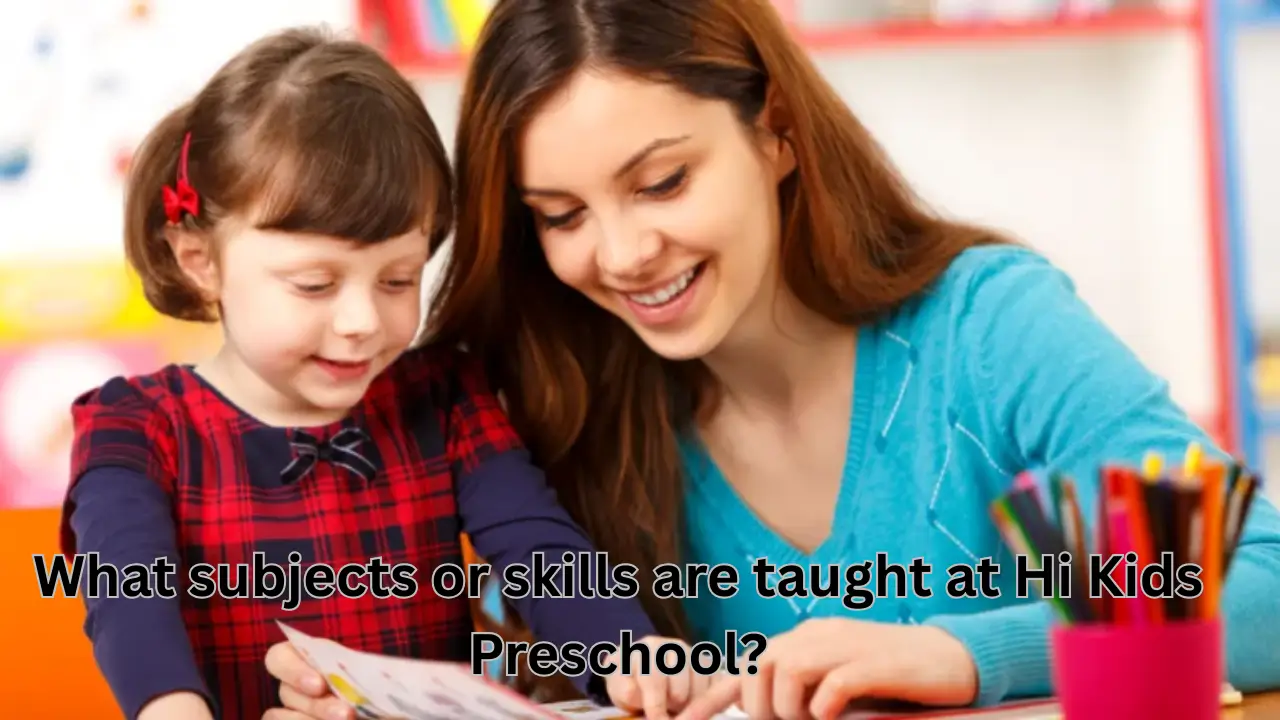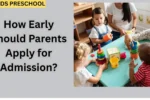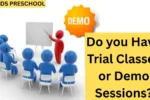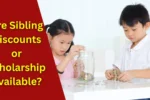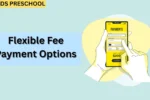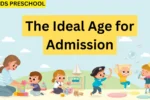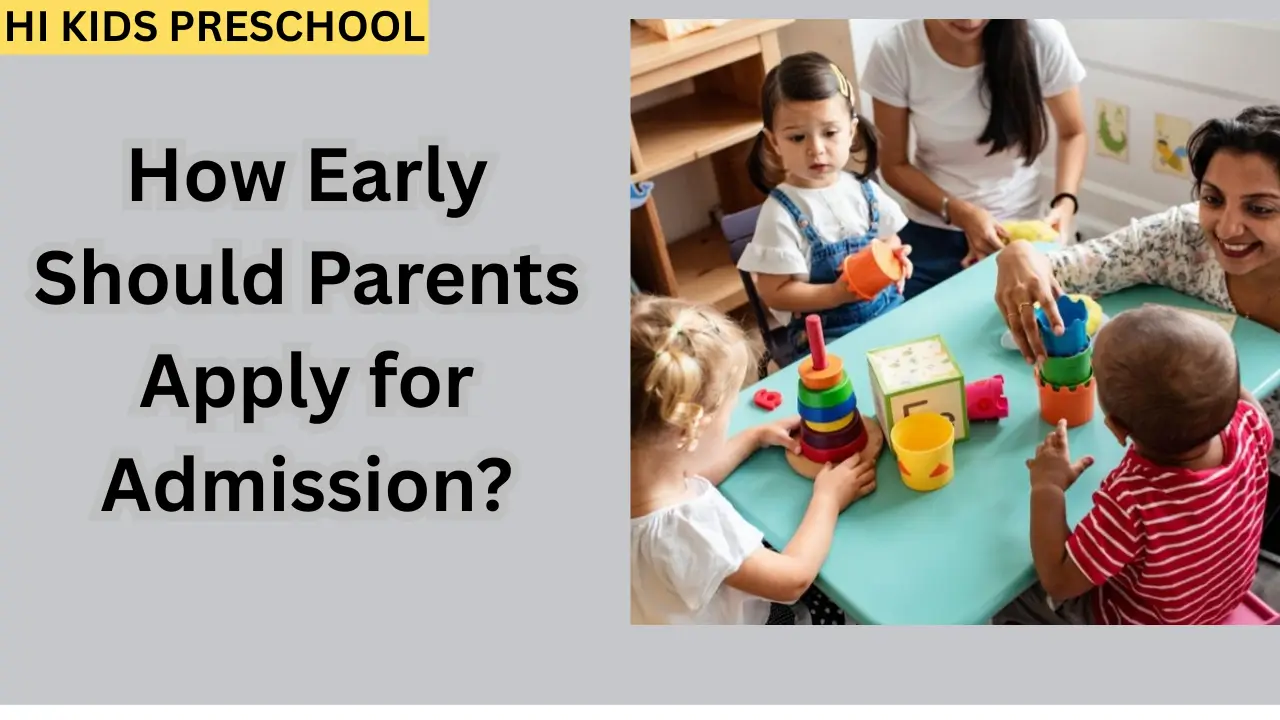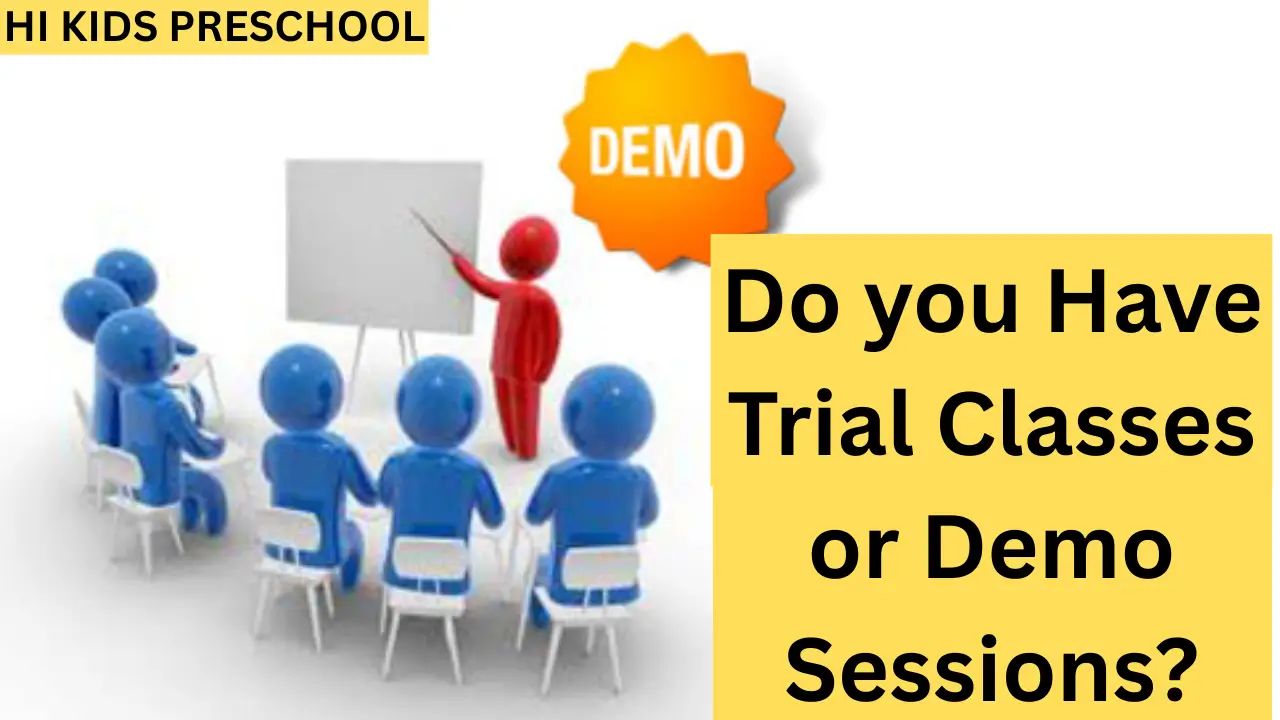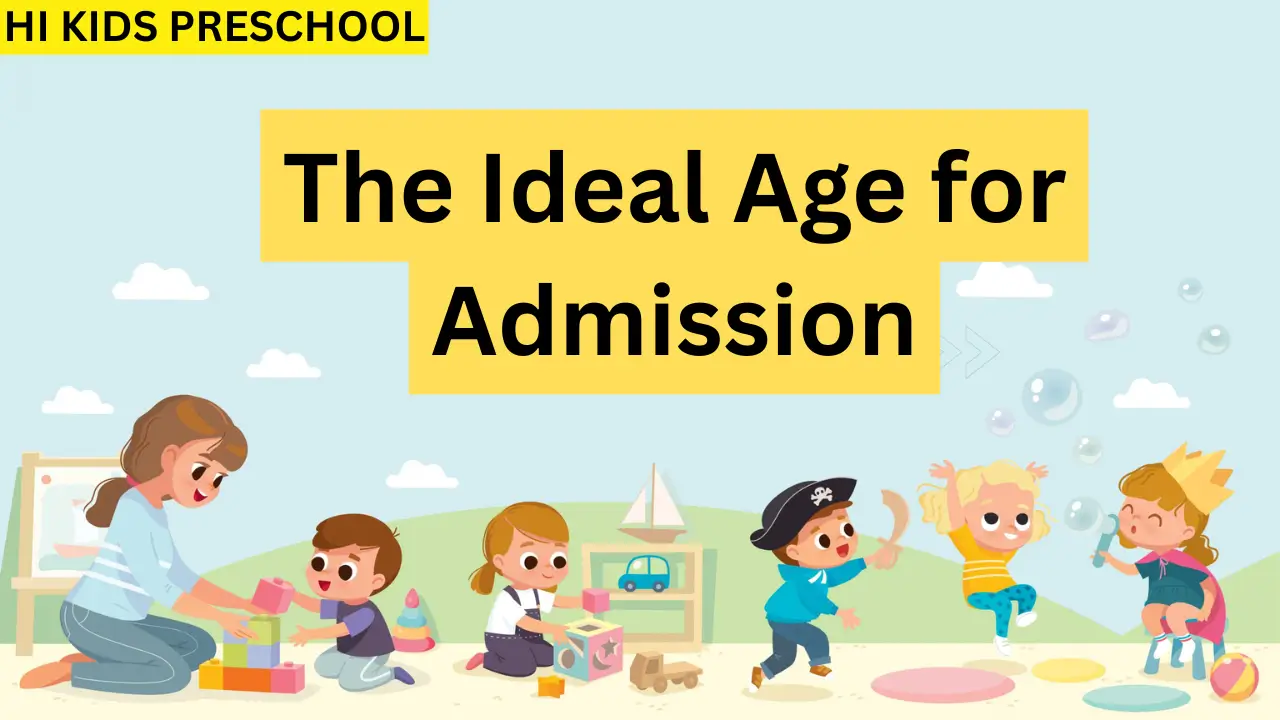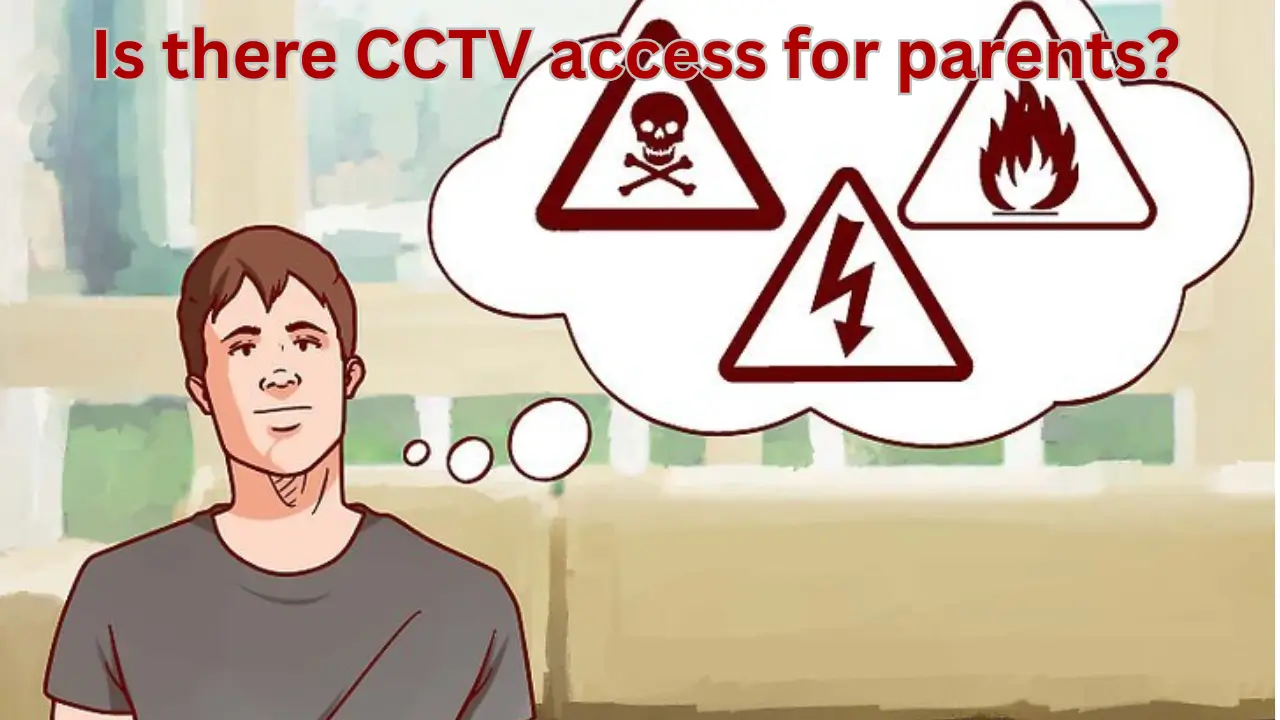Hi Kids Preschool focuses on a holistic curriculum designed to nurture a child’s cognitive, emotional, social, creative, and motor skills, preparing them comprehensively for formal schooling and life beyond. The subjects and skills taught are carefully chosen to align with developmental needs of preschoolers, emphasizing both academic foundations and essential life skills.
Core Subjects and Skills Taught at Hi Kids Preschool
| Subject Areas | Key Focus and Skills Developed |
|---|---|
| Language and Literacy | Alphabet recognition, phonics, pre-reading skills, vocabulary building, storytelling, rhyming, and early writing exercises. |
| Mathematics | Basic counting, number recognition, pattern identification, sorting and classification, shapes, introduction to problem-solving and logic through play. |
| Science and Nature | Exploration of plants, animals, seasons, weather, senses, simple experiments to encourage inquiry and observation skills. |
| Social Studies | Understanding community roles, cultural awareness, family and school environment, basic rules and traditions. |
| Creative Arts | Drawing, painting, crafts, music, dance, role-playing that foster imagination and emotional expression. |
| Physical Development | Fine motor skills (cutting, coloring, tracing), gross motor activities including yoga, dance, and sports for coordination and health. |
| Social and Emotional Skills | Cooperation, sharing, empathy, emotional regulation, communication skills, and conflict resolution techniques. |
| STEM Basics | Early exposure to science, technology, engineering, and math concepts through hands-on activities like building blocks, puzzles, and simple coding games. |
Teaching Approach and Methodology
- Play-Based Learning: Hi Kids Preschool incorporates learning through structured play, allowing children to explore concepts in a natural and engaging manner.
- Multi-Sensory Techniques: Use of visual, auditory, and kinesthetic activities such as sand trays, finger painting, and music to reinforce learning concepts.
- Hands-On Activities: Emphasis on real-world experiences and experiments like gardening, mixing colors, and building projects to cultivate curiosity.
- Thematic and Project-Based Learning: Topics are often taught through interconnected themes that make learning relevant and help deepen understanding.
Detailed Breakdown of Key Subject Areas
Language and Literacy
The preschool curriculum begins with alphabet recognition using rhymes and songs and moves toward early reading and writing skills. Children practice letter formation with fun activities that enhance hand-eye coordination like tracing and scribbling. Vocabulary is expanded daily through new words, stories, and simple sentence construction, stimulating communication skills and literacy growth.
Mathematics
Mathematical learning is embedded in everyday activities such as counting objects, sorting by color or size, and identifying shapes and patterns. Puzzles and building blocks foster problem-solving and spatial reasoning. These foundational math concepts prepare children for more formal math instruction.
Science and Nature
Children are encouraged to explore the natural world by learning about plants, animals, their habitats, life cycles, and seasons. Basic scientific concepts like cause and effect and sensory exploration are introduced with fun experiments such as mixing colors or observing how things float and sink.
Social Studies
Kids learn about their community through stories and role-plays involving community helpers like teachers, policemen, and firefighters. They become familiar with cultural traditions, holidays, basic societal rules, and the concept of time (days, weeks, months).
Creative Arts
Creativity is nurtured through various artistic mediums, including painting, drawing, music, dance, and drama. These activities improve emotional expression, memory, rhythm, and coordination. Imaginative play strengthens storytelling and social interaction.
Physical and Motor Skills
Physical activities are designed to develop both fine and gross motor skills. Fine motor skills include coloring, cutting, and writing practice, while gross motor activities involve running, jumping, dancing, and yoga to foster coordination, balance, and overall fitness.
Social and Emotional Development
Preschoolers learn to manage emotions, develop empathy, share, cooperate in group activities, and resolve conflicts. These social skills are critical for success in school and life. Emotional regulation exercises and group play sessions are integral to this aspect.
Early STEM Introduction
Hi Kids Preschool integrates STEM by introducing basic concepts through age-appropriate activities like building blocks, puzzles, and simple science experiments. Some programs include early coding games to familiarize children with logical thinking and technology fundamentals.
Additional Highlights of the Curriculum
- Global and Local Perspectives: Curriculum includes attention to local cultures and languages alongside a global outlook to foster inclusiveness.
- Life Skills and Ethics: Role plays and activities are embedded to teach ethics, environmental awareness, and life skills for holistic development.
- Brain-Based Learning: The curriculum is designed on cognitive science principles to enhance engagement and retention.
- Preparation for Primary School: The syllabus aligns with early primary education standards ensuring a smooth transition from preschool to formal schooling.
Summary of Skills Developed
- Cognitive skills: counting, reading readiness, critical thinking, problem-solving
- Motor skills: hand-eye coordination, dexterity, balance, gross motor coordination
- Social skills: cooperation, empathy, communication, rule-following
- Emotional skills: self-regulation, confidence-building, resilience
- Creative skills: imagination, artistic expression, music, drama
- Scientific curiosity: observation, experimentation, nature exploration
